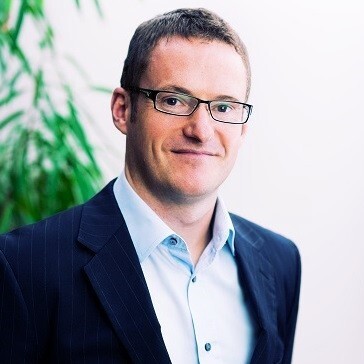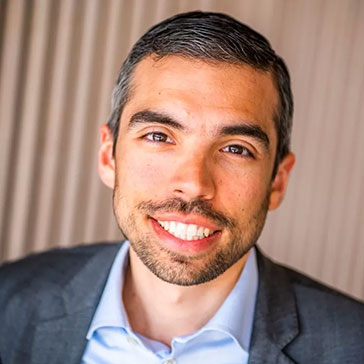
Why we do it
SCF members occupy a unique position within the soy value chain, connecting producers with feed and retail companies downstream. Beyond the value chain, we also operate in a complex ecosystem of stakeholders, including civil society, community leaders, investors, and governments.
This gives us a unique opportunity to identify and pursue common agendas and points of leverage across the soy value chain, helping to simultaneously support the livelihoods of producers and meet growing global consumer demand for more sustainable food and feed products.
This workstream is the outreach branch of the SCF, which ensures transparency and dialogue with external stakeholders.

Where we are
Initiating an expansion to the Gran Chaco via collaboration with ViSeC, an Argentina-based multi-stakeholder coalition
The coalition for the Sectoral Vision for the Gran Chaco (ViSeC in Spanish) is a pre-competitive discussion space coordinated by The Nature Conservancy, the Tropical Forest Alliance, Peterson Control Union, and CIARA/CEC. It aims to bring together the main companies involved in the origination, processing, and marketing of agricultural commodities sourced in the Argentinean Gran Chaco, to address the environmental impacts of soybean production.
The SCF will support this emerging regional initiative to ensure both organizations share knowledge and learnings on common challenges to monitor, report, and verify information on land use change. The SCF will therefore integrate ViSeC’s governance structure through:
- participation in the working group’s technical discussions, and
- the establishment of an institutional relationship which ensures the recognition of mutual objectives and the benefits of knowledge sharing.
Engaging with the soy value chain to develop shared DCF reporting methodology and scale landscape approaches
The SCF is working closely with downstream companies through The Consumer Goods Forum’s Forest Positive Coalition of Action (CGF FPCoA), as well as with other stakeholders, aiming to establish shared deforestation and conversion risk definitions, including factors, maps, and thresholds for Cerrado soy sourcing.
Furthermore, we are seeking synergies with cross-value chain platforms – such as the CGF FPCoA and the IMAGINE Food Collective – to advocate for solutions that scale farmer incentives and unlock the value of nature in the food sector.
Engaging with financial stakeholders
The finance sector is critical in driving change for deforestation- and conversion-free soy supply chains and must play a role in redirecting financial flows away from high-risk development models. In this context, the SCF continues to engage with the Principles for Responsible Investment’s Sustainable Commodities Practitioners’ Group, a United Nations-supported network of investors, to provide constructive feedback on the shaping of their model Deforestation Policy and thereby ensure that investments sustain responsible businesses.
Moreover, in line with its ambition to transform landscapes, the SCF continues to identify financial stakeholders to help leverage the full potential of its Farmer First Clusters initiative.

In 2022, we continued the positive dialogue with the Soft Commodities Forum, refining the scope of our collaboration. On supply chain transparency, we are advancing in defining a common Deforestation and Conversion Free (DCF) reporting framework, looking into DCF negligible risk, DCF certifications, and farm-level DCF remote assessments. On landscape engagement, we are developing a common workplan that includes the definition of landscape monitoring indicators and joint investment in key soy landscapes in Cerrado biome. These common definitions will be part of the updated CGF Soy Sourcing Guidelines, to be published later this year. This way, we hope to contribute to overcoming sectoral and systemic challenges that rely on supply chain collaboration to be addressed.


Co-Chair, Soy Working Group at The Consumer Goods Forum’s Forest Positive Coalition
Group Responsible Sourcing Manager (Forests) at Tesco


We are truly excited to see the Farmer First Clusters approach come to life this year. We believe collaborating with the Soft Commodities Forum in the Cerrado can help create a positive tipping point in Brazil and beyond, towards a system in which markets reward nature conservation and regenerative farming. We look forward to helping scale the mechanisms of the Farmer First Clusters approach and building them into new business models via the work of our collective, which brings together CEOs and companies across the full soy value chain.

Executive Director at the IMAGINE Food Collective

What’s next
Co-funding for the Farmer First Clusters Initiative
Gran Chaco expansion
Ensure SCF learnings contribute to ViSeC’s ambition to preserve the Argentinean Gran Chaco.
Engagement with the soy value chain
Continue engaging with the entire value chain to progress toward alignment on risk definitions, monitoring, and reporting methodologies.

